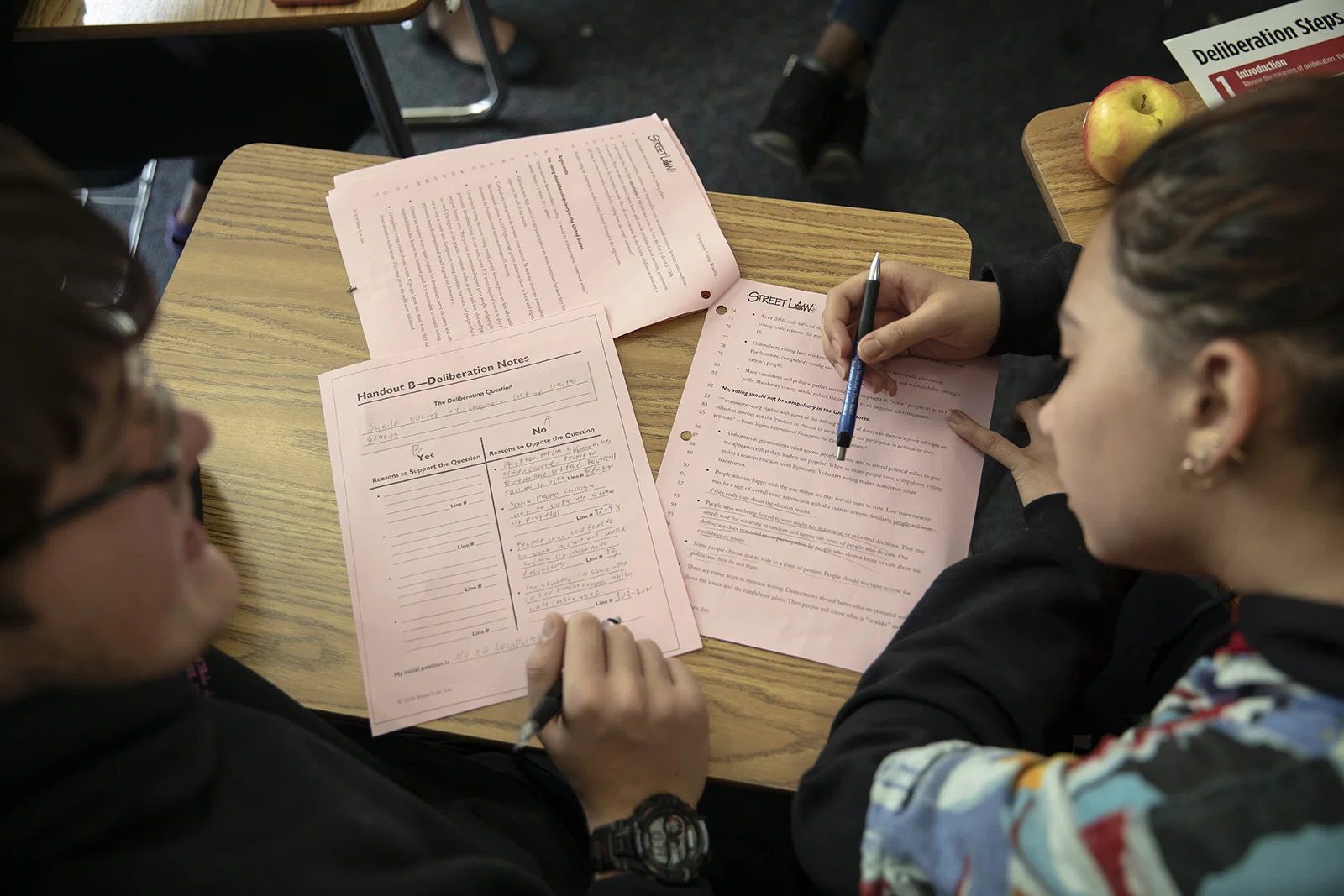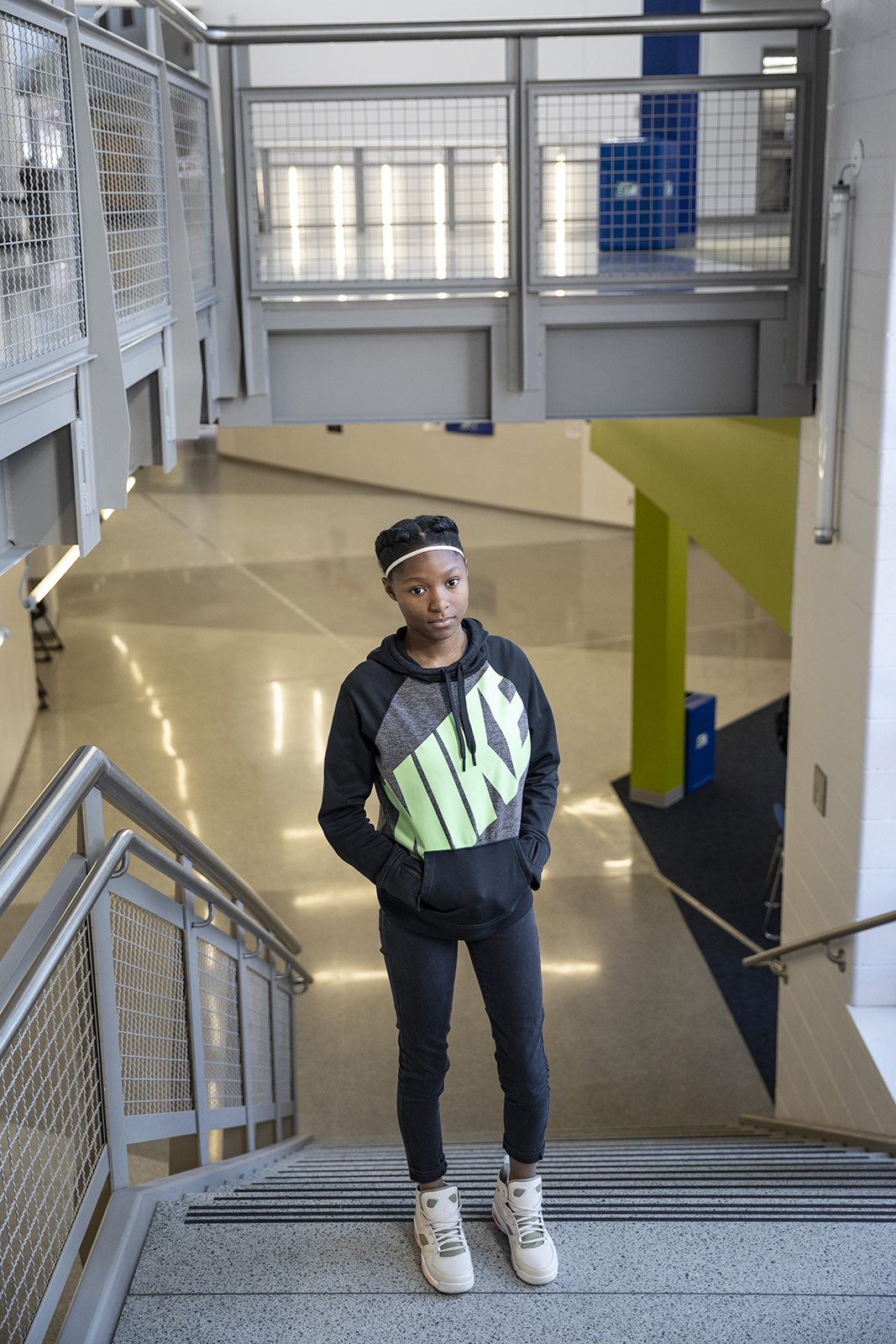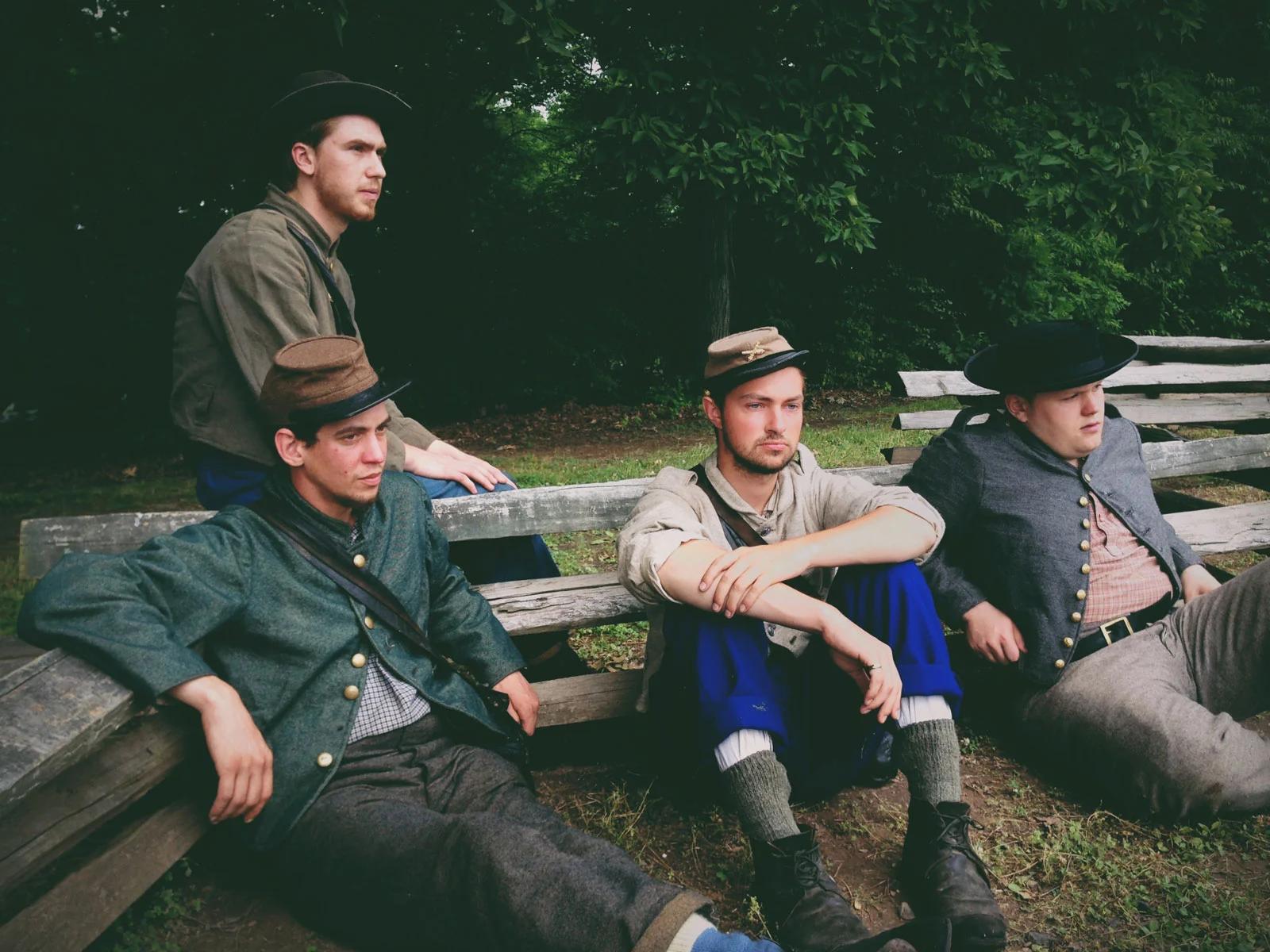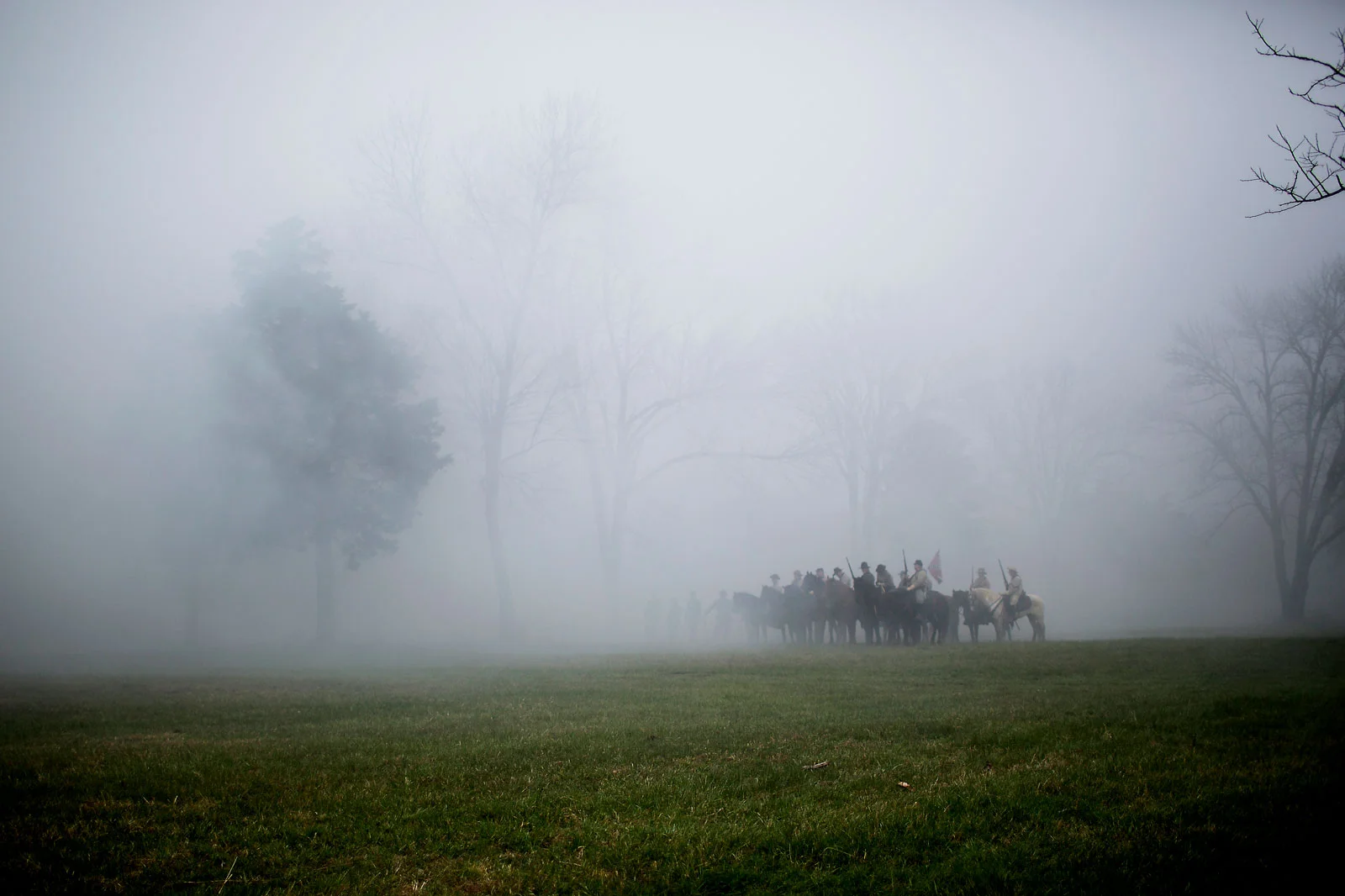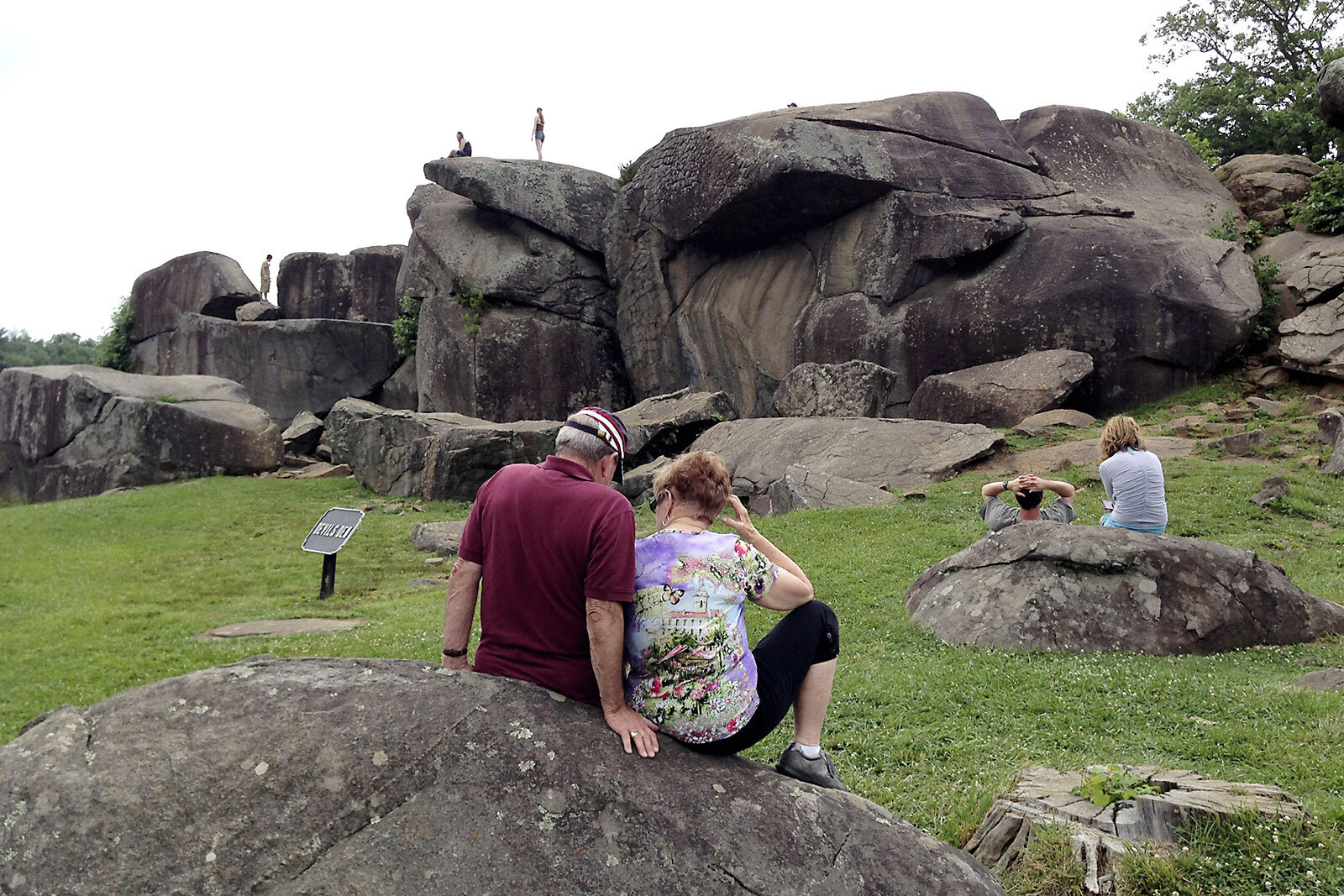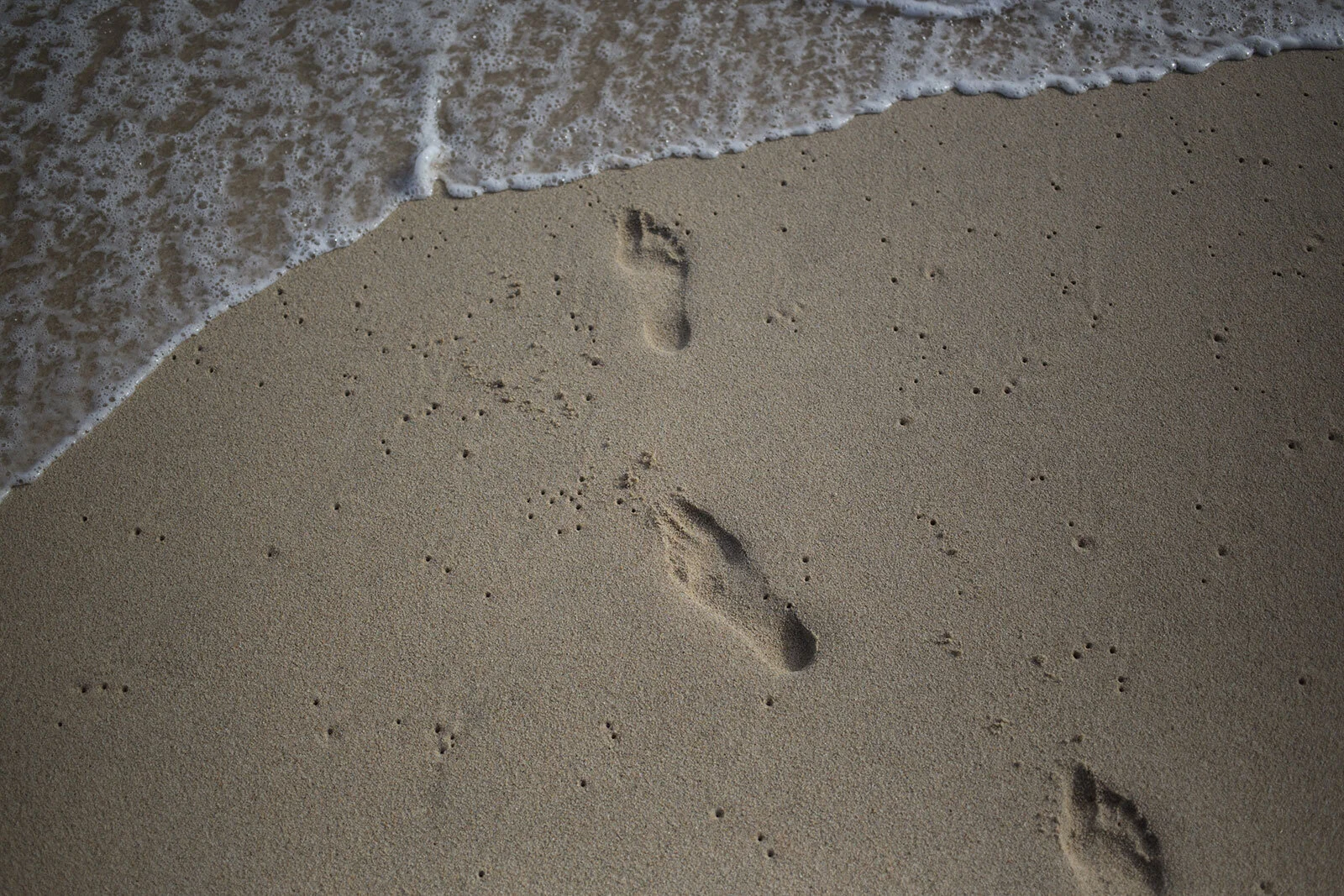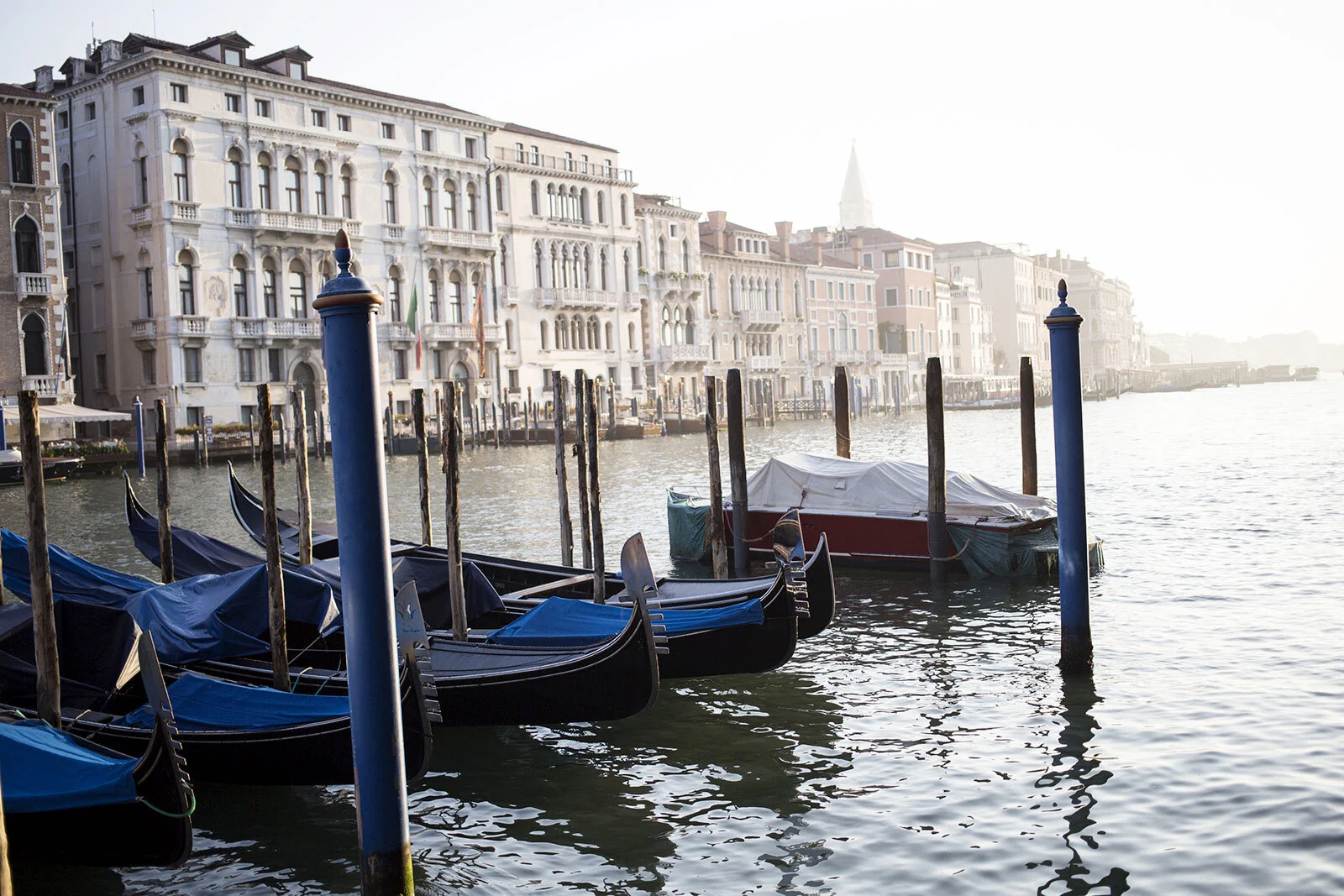The Art of Civil Discourse For Education Week
Aurora, Colorado.
Overland High School
Reading Time: 0 min 48 sec
Below are a few outtakes from my recent assignment for Education Week to document and gather portraits of Overland High School students involved in a program seeking to build and strengthen civil discourse skills.
Again, I’m proud to play a part in a larger initiative that Education Week launched in October to help better understand the role of education in the, as many say, current American civics crisis.
“Inside this high school at the foot of the Rocky Mountains, teenagers are immersed in a project with the potential to temper the divisiveness that is consuming U.S. politics. They’re learning to have calm, balanced conversations about controversial issues.
In two very ordinary classrooms here, students are aware that they’re trying to do something extraordinary, something many adults around them seem unable to do: study a problem, understand the arguments on all sides, and discuss it together to see what solutions might work best for the country.
Educators around the country who are involved in teaching these civil-discourse skills say the need for them has become especially urgent as increasingly heated political rhetoric exposes the degree to which Americans are polarized and free-speech rights are under fire.
— Catherine Gewertz”
Students prepare to break into groups for deliberations, below, Overland High School students discuss a deliberation worksheet covering compulsory voting during social studies class Nov. 9, 2018.
“Doing deliberations allows us to understand the whole issue, not just what we hear in social media, and from our parents and the people at school.” Sammie Shellman reflects after taking part in a “deliberation” in her social studies class at Overland Park High School, near Denver. The structured discussions are meant to help students learn to talk reasonably and calmly about divisive topics.
“It’s tough to argue the side you’re not on. But it’s important to understand other people’s views.” Luis Portillo reflects after taking part in a “deliberation” in his social studies class at Overland Park High School, near Denver. The structured discussions are meant to help students learn to talk reasonably and calmly about divisive topics.
“Bintou Sonko, an Overland senior, said the more time she spends in deliberations, the easier it is to understand perspectives different from hers. In her first discussion, about gun control, “everyone was just in their chair, silent and mad,” she said. By the second, which focused on whether citizens should be required to vote, she knew she’d have to argue both sides, and was “more open to it.”
”Instead of just hearing, I was actually listening,” she said. “I started to realize that everyone is compelled by what they think is best for everyone. They’re not good or evil.””
"It's just a whole lot of yelling and finger-pointing out there, people talking over each other instead of hearing each other out," said Lindsey Johnson, an 11th grade student who's learning civil-discourse skills here at Overland High School, near Denver.
““I’m usually the kind of person who [says], ‘I think this, and that’s what I’m going with.’ But I had to open up and hear what people have to say and listen, to bring it all together.”
Ty’Leesha Stanley reflects after taking part in a “deliberation” in her social studies class at Overland Park High School, near Denver. The structured discussions are meant to help students learn to talk reasonably and calmly about divisive topics.”

